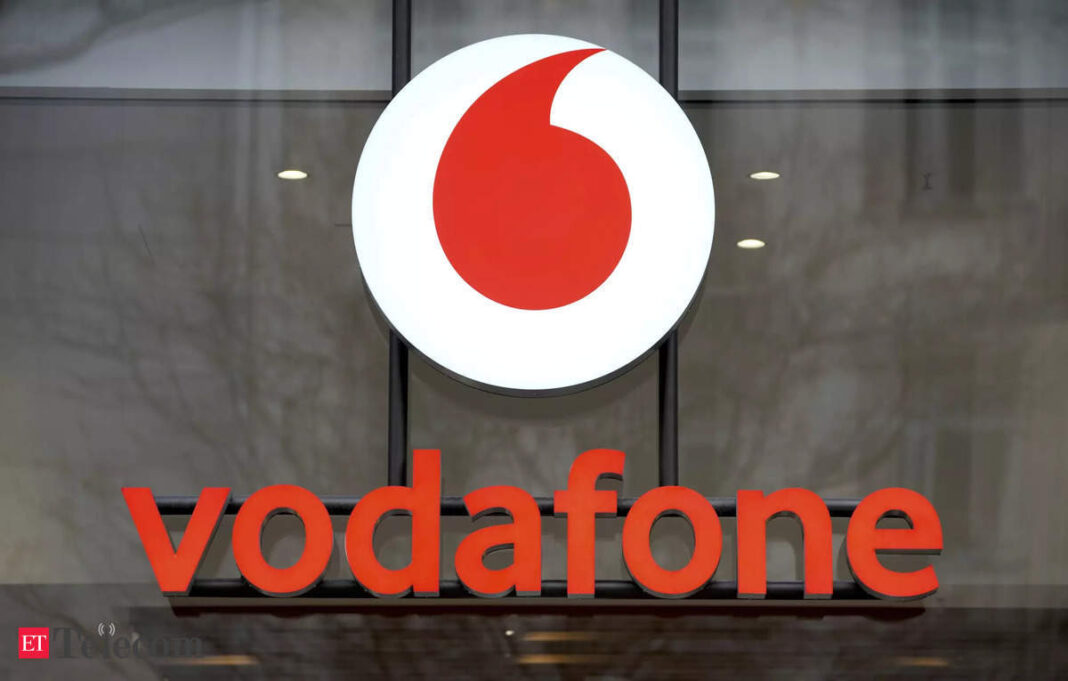In Short:
The UK’s Competition and Markets Authority (CMA) has indicated that the proposed merger between Vodafone’s UK mobile branch and Three UK could significantly reduce competition in the country. The merger aims to create the largest mobile operator in Britain, serving 27 million customers, and enhance 5G services. However, the CMA warns it may lead to higher prices or reduced service for many customers. Despite some potential benefits, the CMA is concerned about the impact on mobile service quality and wholesale telecom customers. Vodafone and Three UK disagree with these findings and believe the merger is beneficial for customers and competition.
The Vodafone and Three UK Merger: What’s at Stake?
In a recent turn of events, the much-anticipated merger between **Vodafone’s** British mobile phone branch and **Three UK** is hitting a snag. Antitrust regulators have indicated that this merger could significantly diminish competition in the UK mobile market, raising eyebrows and concerns.
Regulatory Findings Reveal Concerns
The **Competition and Markets Authority (CMA)** in Britain released provisional findings from its investigation. It appears that the merger, which was first announced in June of last year, is aiming to create **Britain’s** largest mobile operator with an impressive 27 million customers and improve the rollout of faster **5G** connectivity.
Dollars and Potential Risks
The merger envisions a combined enterprise valued at **£16.5 billion ($22 billion)**. However, the CMA has pointed out potential pitfalls, suggesting that the deal could lead to price hikes for millions of mobile users or a decrease in service quality, such as smaller data packages in their contracts.
Concerns for Wholesale Telecoms Customers
On top of that, the CMA noted that the merger might have adverse effects on wholesale telecom customers who depend on **Britain’s** main mobile network operators—**Vodafone**, **Three**, **BT EE**, and **Virgin Media O2**—to offer their services.
Potential Benefits Amidst Concerns
Interestingly, the CMA also acknowledged that the merger could enhance the quality of mobile services and expedite the deployment of cutting-edge **5G** networks. To address the identified concerns, the authority plans to gather public input on the findings before releasing a final decision by mid-December.
Next Steps for Vodafone and Three UK
In light of these developments, both **Vodafone** and **Three UK** have expressed their disagreement with the CMA’s provisional conclusions, asserting that the merger is beneficial for growth, customers, and competition. In their joint statement, they emphasized, “This is not a final decision, and we look forward to working with the CMA to secure approval.”





